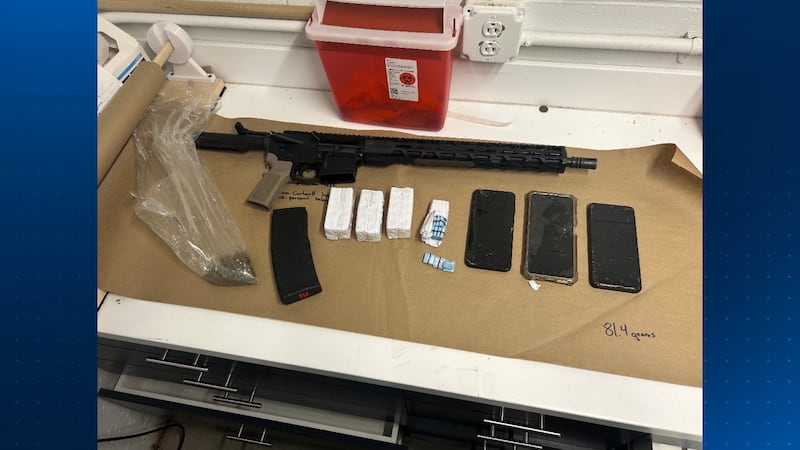HARRISBURG, Pa. (AP) — Gov. Tom Corbett's administration on Friday shelved a plan to require thousands of families to help pay for Medicaid coverage for children with autism and other disabilities, which they now get for free.
The proposed copayments for wealthier families that had provoked criticism from parents and lawmakers were put on indefinite hold while officials instead work to win federal approval for a new premium that would be paid up front, Public Welfare Secretary Gary Alexander said.
"The department has always preferred the option of applying a premium to this program and will be working with stakeholders who have come to us in support of a premium as opposed to the copayment," Alexander said.
The copay requirement took effect Monday for new applicants and was scheduled to be extended on Nov. 1 to about 48,000 children who are already covered.
The proposal applied to families whose incomes are at least double the poverty level. For a family of four, that works out to about $46,000 a year. Once the monthly copays reached 5 percent of a family's income, the state would pick up the full tab.
Some parents complained that the cost of the copays was excessive and said it was unfair to impose a new cost on one group of Medicaid recipients. State officials had argued that it was not unreasonable to ask people with higher incomes to pay part of the expense and that the change would save the state about $4 million a year.
Jim Bouder of Manheim, an advocate for children with disabilities whose 17-year-old son is autistic, said he was pleased the copayments were set aside.
Bouder said stakeholders are "not categorically opposed to the notion of cost-sharing," but that any premiums should not be higher than what it would cost to insure a healthy child and that any cost-sharing initiative should result in savings to taxpayers.
"The devil's in the details," he said.
Several lawmakers, responding to complaints from alarmed constituents, had called for the co-payments proposal to be delayed or stopped.
One of them, Rep. Gene DiGirolamo, chairman of the House Human Services Committee, questioned in a letter to Alexander last week whether the department had the authority to impose the copay requirement before such regulations were approved.
The Bucks County Republican said Friday he believes a premium imposed on wealthier families is "something that's a whole lot more reasonable" than a copayment that is left up to service providers to calculate and collect.
The overall program that covers children with autism or any of several other mental and physical disabilities costs state and federal taxpayers about $700 million a year, said Department of Public Welfare spokeswoman Anne Bale.
About 80 percent of the children enrolled in the program are from families whose incomes exceed 200 percent of the poverty level, and about one-quarter of the children come from families who make more than $100,000 a year.
Carrie Van Buskirk of East Petersburg, who helped organize a Lancaster County group of mothers of autistic children, said state officials should step up enforcement of a 2008 law that requires many private insurers to provide up to $36,000 a year in coverage for autism diagnosis and treatment for patients under 21.
Van Buskirk, who has two young autistic sons, said she considers a copay or a premium targeting disabled children "a disability tax."
She applauded Alexander's promise to work with stakeholders.
"We feel that we've achieved a seat at the table, which is all we ever wanted," she said.
WPXI





